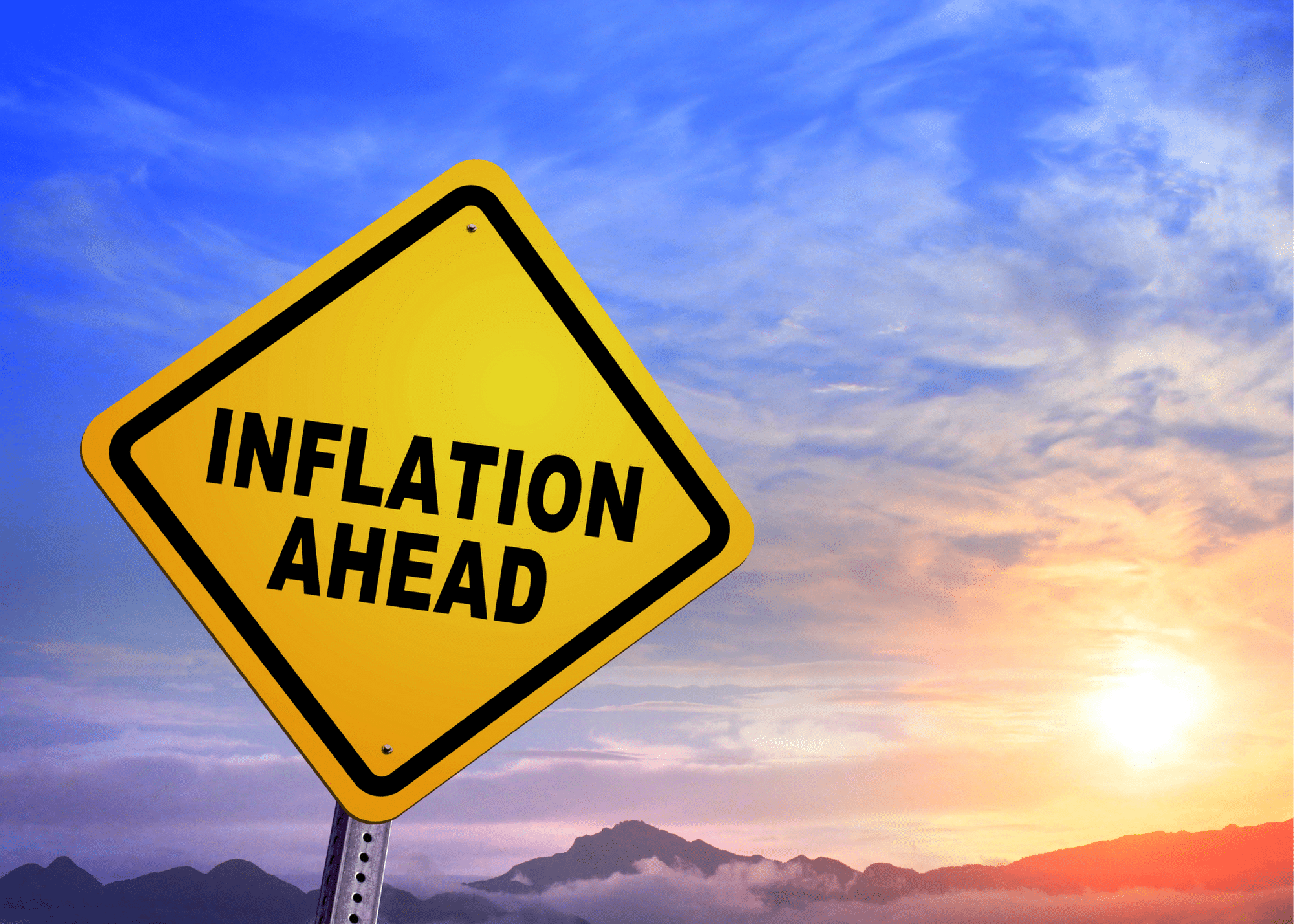Rising inflation will hurt fundraising – fact or fiction?

Economic realities do have an impact on the needs of people and planet. So we could definitely say rising inflation will make things harder in our communities, increasing the burden that is too often left on the shoulders of the for-purpose sector. But what about fundraising and giving in all its forms? Does it immediately decline in an inflationary environment as our economic factors worsen for consumers and market sentiment changes?
Despite informed commentary and logical conclusions, fundraising history shows us that higher than average inflation will not hurt fundraising. In times like these, charitable organisations that rely on fundraising must continue to passionately highlight the unmet needs that require support and demonstrate how donor giving will have a positive impact on people and planet.
The diagram below from JBWere’s 2020 Support Report shows that since 2000, total donations has consistently risen, even during the Global Financial Crisis period. What it also shows is that giving became more concentrated as the proportion of taxable income donated reduced, further qualifying the evidence of fewer giving households. But total donations grew.

There are any number of charts and data sets that show total giving has increased. But it is increasing because loyal donors continue to be loyal and new donors are influenced by the most effectively presented needs of people and planet.
Statistics New Zealand presented the below trend chart, which is not too dissimilar from the comparative Australian chart. It shows that inflation has changed up and down many times during the past 25 years. Not the same trends as charitable giving. Fact!

Furthermore, the chart below takes its comparative data provided by Project Periscope Ltd, gleaned from extensive data analysis of Charities Services annual returns. This work is led by longstanding fundraising leader and current Fundraising Institute of NZ Co-Chair, Jim Datson. It shows the number of registered charities and the amount of total fundraising revenue they receive. Again, it does not show that inflation trends negatively impact fundraising.

In case you are wondering about the dramatic changes in this data, Jim makes the following points:
- Charities Services undertook culling of deregistered charities on quite an intermittent basis in the early years and has only really got itself on top of doing this regularly since 2019 (I thought it worth providing the numbers of charities identified for each year so you could see that variability)
- Prior to 2017, the level of fundraising captured excluded the majority of transactional style fundraising activity, eg, fundraising events, which explains why there has been such a jump in reported fundraising revenue since 2018 (Charities Services changed the reporting requirements in the 2016/2017 year)
- Part of the drop in 2011 year will be due to reduction in fundraising activity after the Christchurch earthquakes when organisations decided they should not be fundraising
- Part of the jump in 2018 year will be attributable to events such as the Mosque shooting.
Recent market reporting also informs us that during the Covid period – when lives were lost, jobs were lost, whole industries were decimated – philanthropic giving actually increased. It may not have addressed increasing inequality, and it certainly has not increased as much as the needs of some in our society. But as has been the case following any number of major natural and humanitarian disasters over recent decades – people gave more when they were effectively invited to partner with making a difference to something that they cared about or were confronted by.
The bigger challenge for fundraising charities is not trying to offset or counter inflation, even though the impact on our organisations is real, but instead it is to effectively demonstrate how unmet needs are being addressed through powerful partnerships with those who choose to give time, talent and treasure, so that they keep wanting to do it.
